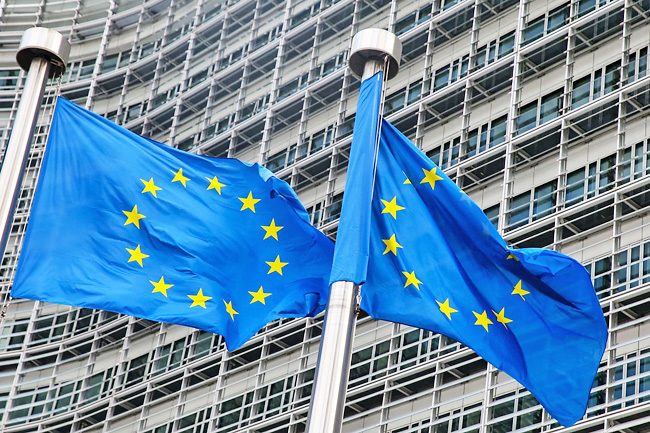XINHUA – Yearly inflation in the eurozone is expected to reach 2.6 per cent in July, up from 2.5 per cent in June, according to preliminary data published on Wednesday by Eurostat.
The European statistics agency said that the price of services is the driving force of inflation, with a year-on-year rate of four per cent in July, down from 4.1 per cent last month.
July’s yearly inflation for food, stands at 2.3 per cent, down from 2.4 per cent in June.
Meanwhile, energy prices recorded a year-on-year inflation rate of 1.3 per cent in July, up from 0.2 per cent in June and non-energy industrial goods saw yearly inflation increase from 0.7 percent in June to 0.8 per cent in July.
Countries with the highest inflation include Belgium, with a 5.5-per-cent inflation rate, Estonia and the Netherlands with 3.5 per cent, and Croatia with 3.4 per cent. Conversely, the lowest inflation rates were recorded in Finland with 0.6 per cent, Latvia with 0.8 per cent, and Lithuania with 1.1 per cent.
Chief economist at ING Peter Vanden Houte called July’s 2.6 per cent inflation rate disappointing. This bump in an overall disinflation trend could lead the European Central Bank (ECB) to reconsider cutting rates in September, he said. Noting that the ECB will be scrutinising the service inflation rate, Vanden Houte explained it is the most domestic rate and very sensitive to wage increases. “Services inflation did come down – but only marginally, to four per cent from 4.1 per cent in June,” he added.
Regarding energy, Vanden Houte noted that the base effect would continue to have a volatile impact during the second half of the year.
The inflation rate for energy prices went from negative during the first quarter of 2024 to 1.3 per cent in July.
The ECB cannot say yet that the inflation battle has been won, Vanden Houte said.
However, based on survey data, he predicted a continuation of disinflation.
Six weeks are remaining before the ECB decides on cutting rates.
The ECB left interest rates unchanged at its meeting earlier this month. This followed a major policy shift in June, when it reduced rates by 25 basis points, marking its first cut since September 2019.





